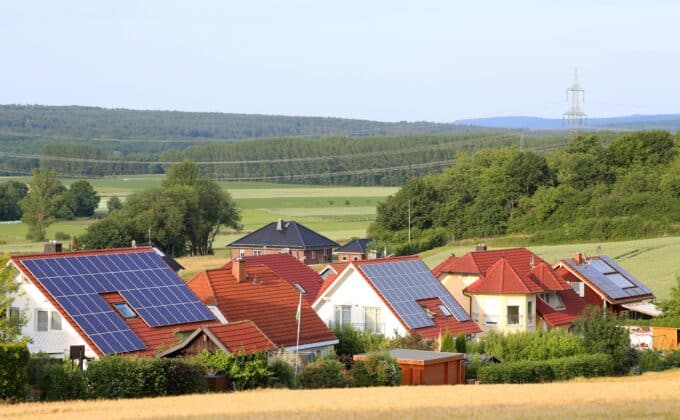Judith Miller joined RAP in 2023 as the organization's first Global Human Resources manager. She supports RAP with a strong background in HR consulting and a deep understanding of global labor markets and the complexities of people operations.
Judith has previously worked with a plethora of renowned organizations across various countries, industries and sizes to provide strategic guidance and support. Her experience in consulting allowed her to develop a deep understanding of HR best practices and a keen ability to tailor solutions to meet unique organizational needs. Throughout her career, Judith has held progressively responsible positions in multinational companies, aligning HR strategies with organizational objectives. She has managed diverse teams and fostered cultures of collaboration, inclusion and belonging. She values diversity and understands the importance of creating an environment where all employees can thrive and contribute their unique perspectives.
Miller has an in-depth knowledge of global labor laws, regulations and cultural dynamics, enabling her to effectively navigate people operations in a geographically dispersed setting. Her extensive expertise in talent management and cross-cultural collaboration makes her a valuable asset to organizations looking to navigate HR management on a global scale and achieve sustainable growth.
Being a German native, Judith completed her formal education in business management in Bremen, Germany and, since relocating to the United States in 2010, she received specialty credentialing in HR management (SHRM-CP) and diversity, equity, justice and inclusion (CDP).
Latest Insights from RAP Experts

探索电气化供暖的需求响应潜力
在“双碳”目标的推动下,建筑供暖的电气化比例将显著提升,热泵的部署也将加速增长。热泵不仅能提供高效的供暖方式,还可以通过需求响应机制为电力系统提供灵活调节能力。对供热方而言,这有助于降低热泵运行成本,拓宽供热企业的收入渠道,从而提升热泵的市场竞争力。对供电方而言,这能保障电力系统的安全稳定运行、减轻电网扩容压力,降低供电成本,并促进可再生能源电力消纳。 本文探讨了大型热泵在中型区域供热系统(如小区、大型建筑)中的应用(业内称之为“分布式热泵”)。文章结合国内外案例,探讨如何挖掘电气化供暖的需求响应潜力,并提出优化电价机制、完善需求侧资源补偿机制、推广储热设备三项策略,以增强电网与供热系统的协同优化,实现保障电力系统稳定运行与减轻供热碳排放的双重目标。 本文缩略版首刊于《中国电力报》,2025年3月24日… Read More +

Was tun mit den Gasnetzen?
In der kommende Jahren soll Deutschland seine Abhängigkeit von fossilem Gas stark reduzieren. Damit einher geht zwangsläufig… Read More +

